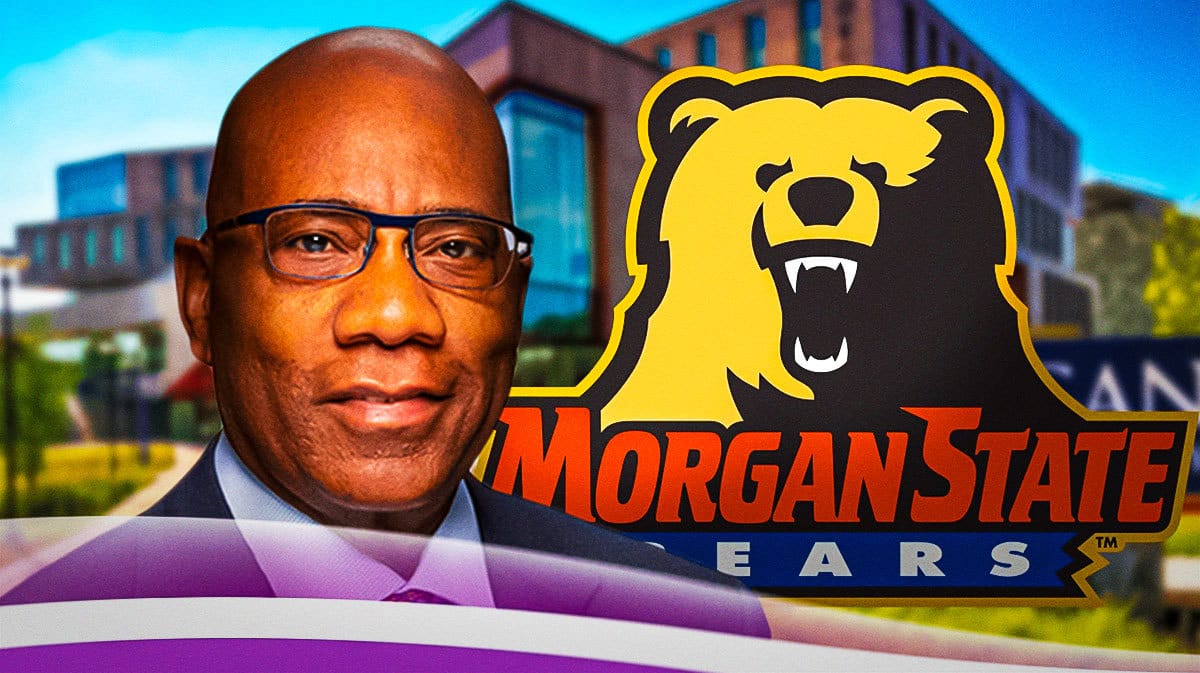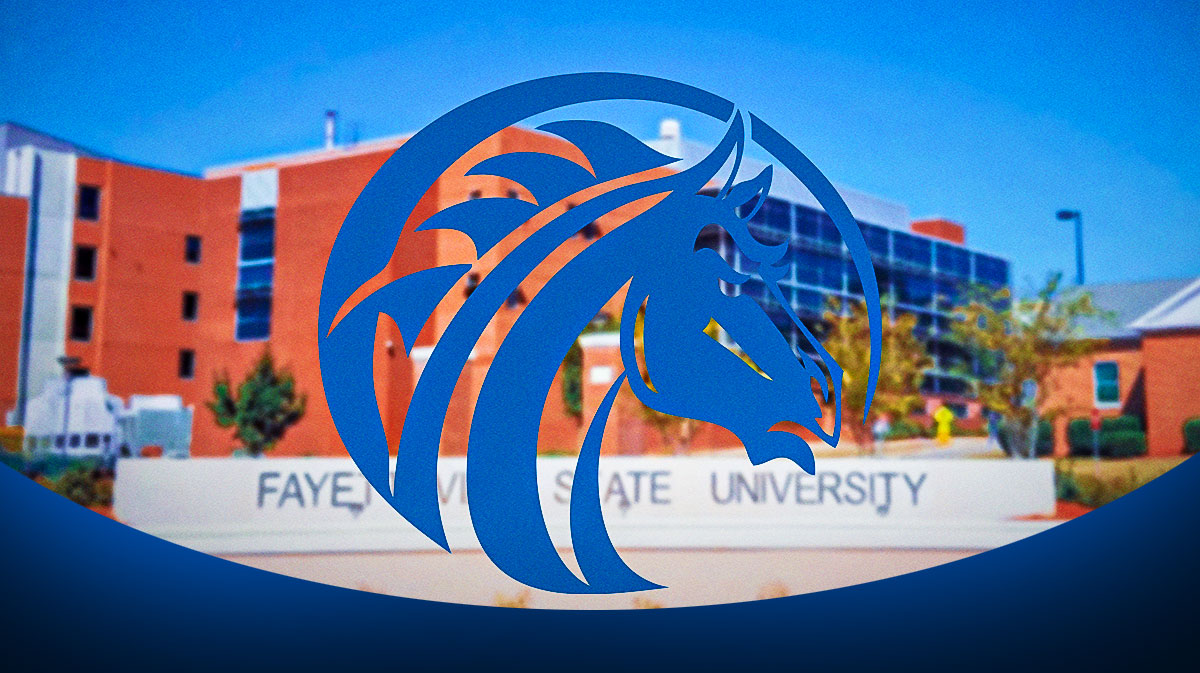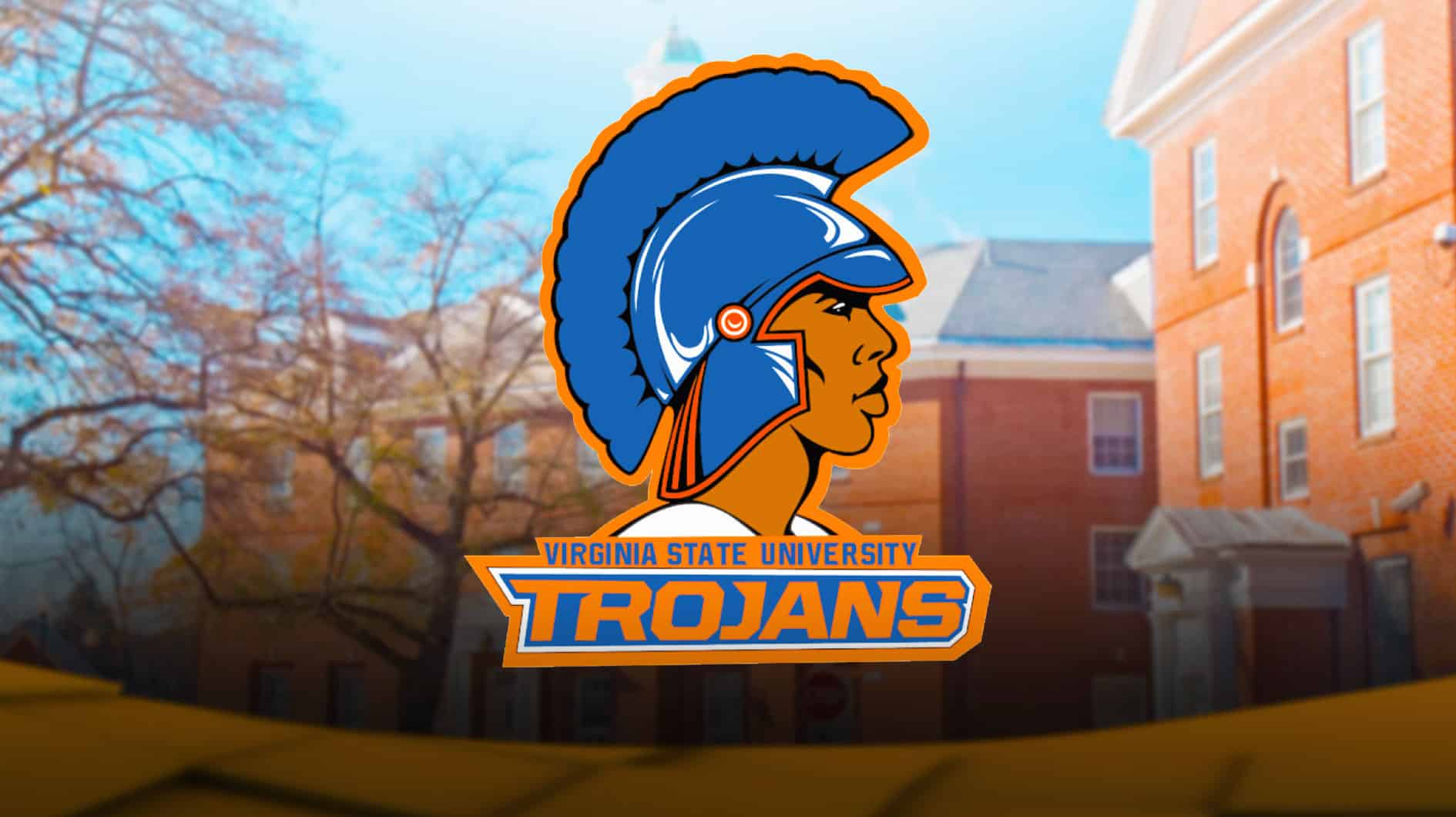Maryland’s largest HBCU has grown rapidly in research, but its Black male population continues to decline.
Black men used to represent 43% of the student population at Morgan State University (MSU), but that percentage has dropped sharply to 37% as of fall 2024. These alarming numbers have not gone unnoticed by the university’s president, David K. Wilson, who is responding by launching an initiative called the Presidential Task Force on the State of Black Male Enrollment at Morgan.
MSU has announced that the initiative will analyze the potential causes for the enrollment decline and devise solutions to alleviate the problem.
“The ongoing decline in Black male enrollment at HBCUs is a clarion call for action, and we will not stand idly by, ” said President Wilson, “This task force will engage in rigorous research to understand the forces at play and develop evidence-based strategies to ensure that more Black men not only enroll at Morgan but thrive and complete their degrees.”
The percentage of Black men at HBCUs has evened out with that of predominantly white institutions (PWI), according to data released by the American Institute for Boys and Men (AIBM) last August. It has lowered to 26%, which is almost equal to the 25% share of students at PWIs that is made up of Black men. Overall, there is a 22% decline across all U.S. colleges and universities with a 25% decline amongst HBCUs specifically.
Set to lead President Wilson’s initiative is Mark Barnes, Ph. D., associate professor of History and Geography, and Michael Sinclair, Ph.D., associate professor or Social Work. Dr. Barnes and Dr. Sinclair will co-chair a unit of faculty, researchers, staff and students that will work to fulfill the goals of student recruitment, engagement and retention.
Insufficient grade school education, financial obstacles and a shortage of Black male teachers are all factors that play a role in the enrollment decline, as AIBM stated in its data publication.
The initiative will take a closer look at such factors in order to determine the best methods of intervention and come up with a set of recommendations to ensure more Black men are not just attending MSU, but graduating as well. AIBM has stated that low-income students who attend HBCUs as opposed to PWIs are more likely to experience improvements in their post-graduation economic status, so this effort at MSU could leave a lasting impact on the Black community as a whole.
“This is a pivotal moment for higher education, and I am honored to serve in this capacity,” said Dr. Sinclair. “Addressing the decline in Black male enrollment requires a thoughtful, cross-sectional analysis of the economic, social, and institutional factors at play—and the broader socioeconomic impact on Black families and communities, “Our goal is not only to understand why these trends are occurring but to implement meaningful solutions that will empower Black men to see higher education as an attainable and rewarding path.”
Founded in 1867, MSU is a Carnegie-classed high-research (R2) research institution and Maryland’s Preeminent Public Urban Research University. It is the only university to have its entire campus designated as a National Treasure by the National Trust for Historic Preservation.





